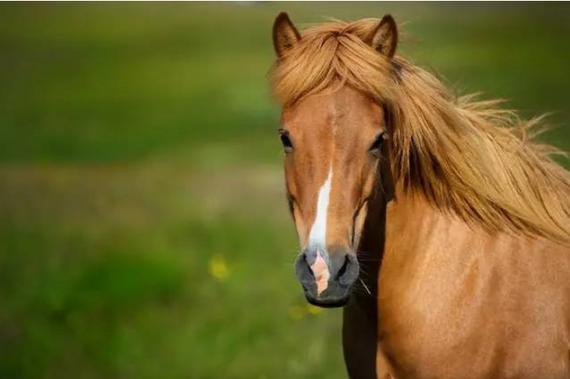Narrator: Listen to part of a lecture in an anthropology class.
聽一段人類學課程。
Professor: So now that we've discussed how people in ancient societies tamed animals like cows and chickens for food and other uses.
我們已經講過在古代社會,人們是怎么馴服像牛和雞一樣的動物的,以此為食或另有他用。
I'd like to talk about an ancient culture that domesticated horses.
我想說說一個馴養馬匹的古代文明。
It's the Botai people.
這就是博泰人。
The Botai culture thrived over 5,000 years ago in central Asia, in what is now northern Kazakhstan.
超過五千年前,博泰文化在中亞發展得非常繁榮,即今天的哈薩克斯坦北部。
Pretty much all of what we know about the Botai comes from three archaeological sites.
基本上我們對博泰人的全部了解都來自于三個考古點。

And we learned that the Botai were able to build large perennial villages, sometimes with hundreds of homes.
我們知道博泰人能夠建起大型常年村,有時候村里有上百戶人家。
We also found horse bones at these sites and these can be traced back to the time of the Botai settlements.
我們也在每個考古點都發現了馬骨,可追溯到博泰人定居時期。
The climate that the Botai culture lived in...it was harsh.
博泰人生活的氣候……很嚴峻。
And the Botai people...they didn't really seem to have much in the way of agriculture going on.
而且博泰人……看上去似乎他們沒有太多農業活動。
So their whole economy was really based on horses.
所以他們整個經濟都建立在馬匹的基礎之上。
And because horses can withstand the tough climate, they can survive ice storms and they don't need heated barns, the Botai people could settle in one place and rely on the horses for food, clothing and transportation.
而且因為馬匹能受得住嚴峻的氣候,馬能在冰雪風暴中生存,且不需要有加熱的谷倉,博泰人就能在一個地方定居下來,依靠馬匹為食、提供衣物和交通。
Student: So the Botai were the first to domesticate horses?
那么,博泰人是第一批馴養馬匹的人?
Professor: Well, we are pretty sure that horses were first domesticated a bit earlier, to the northwest, in the area that is now Ukraine and western Russia.
我們很確定,最早馴養馬匹是在此之前,往西北方向去,在現在的烏克蘭和俄羅斯西部地區。
It's quite possible that some of those people later migrated east to Kazakhstan.
很可能其中一些人后來向西遷移至哈薩克斯坦了。
Student: But what exactly tells us that these Botai people, that the horses in their area were really domesticated?
但到底是什么告訴我們,這些博泰人,他們所在區域的馬匹是真正意義上馴養的呢?
Professor: As with most ancient history, there is not much that we can be certain about.
正如大多數古代史一樣,我們能肯定的內容不多。
But we know there was a significant population of wild horses in that area, so there were plenty of opportunities for the Botai people to find horses to domesticate.
但我們知道那個地區的野馬數量很多,所以博泰人有很多機會能找到馬匹并馴養它們。
We also know that horse milk was an important source of food for the Botai people.
我們還知道,馬奶是博泰人的重要食物來源。
What? Milking a wild horse? Well, now, that would be impossible...to milk a wild horse.
什么?給野馬擠奶?這是不可能的……給野馬擠奶。
And then... there's the... Oh. Yes? Eric.
接著……有……艾瑞克?
Student: So you said last week that for some animals, like for dogs, there were physical changes taking place over the course of generations of dogs because of domestication.
你上周說了,對于一些動物而言,比如狗,由于馴養,在不同代的動物之間會有生理變化。
So can we tell from those horse bones if it was sort of the same for horses?
所以,通過這些馬骨,我們能確定這對于馬來說是否亦是如此呢?
Professor: Actually, it wasn't.
事實上并非如此。
We know that horses have not changed a lot physically as a result of domestication.
我們知道,馴養并沒有導致馬在生理上產生明顯變化。
So those ancient horse bones don't tell us much about domestication.
這些古代的馬骨并沒有告訴我們太多關于馴養的信息。










